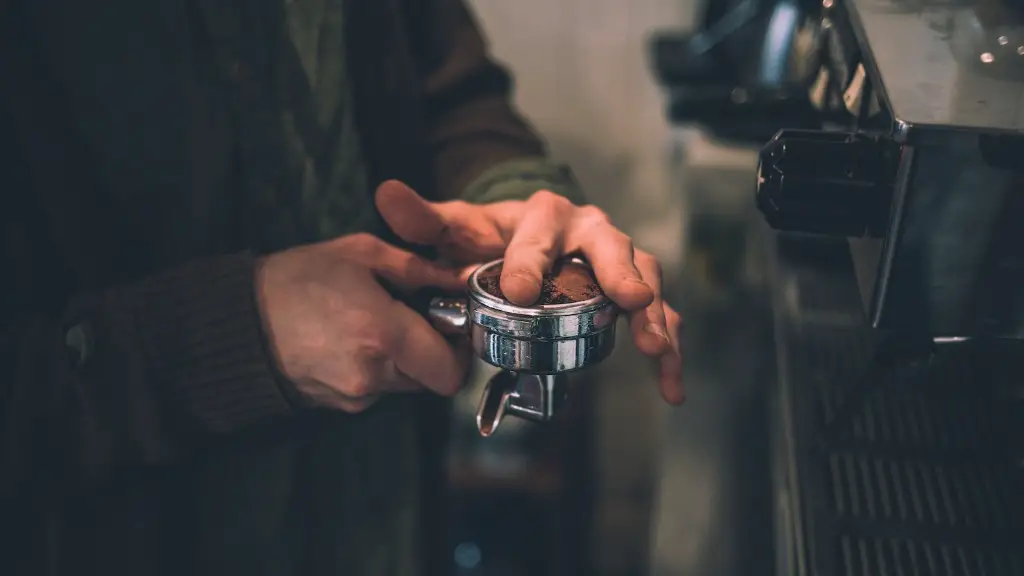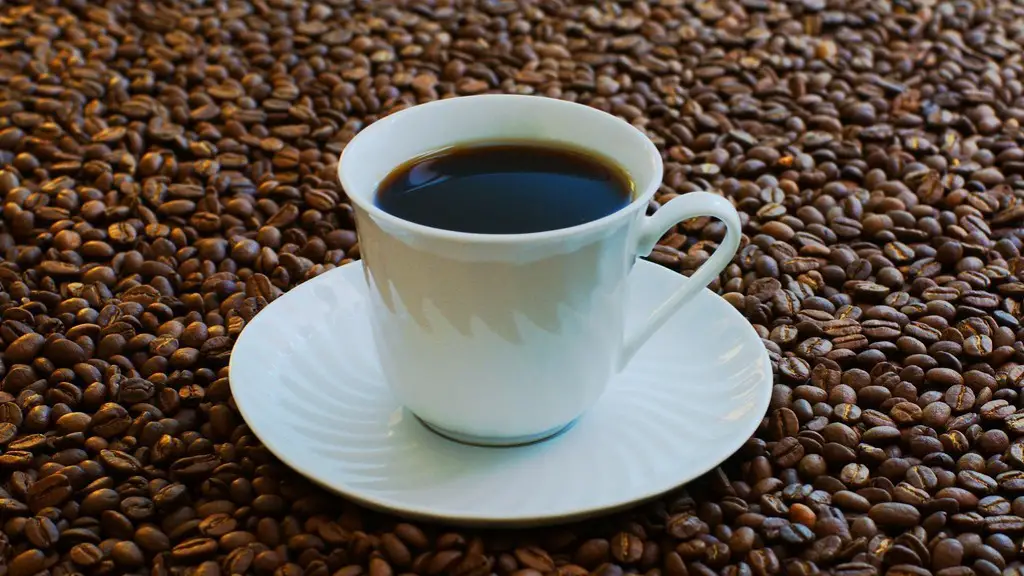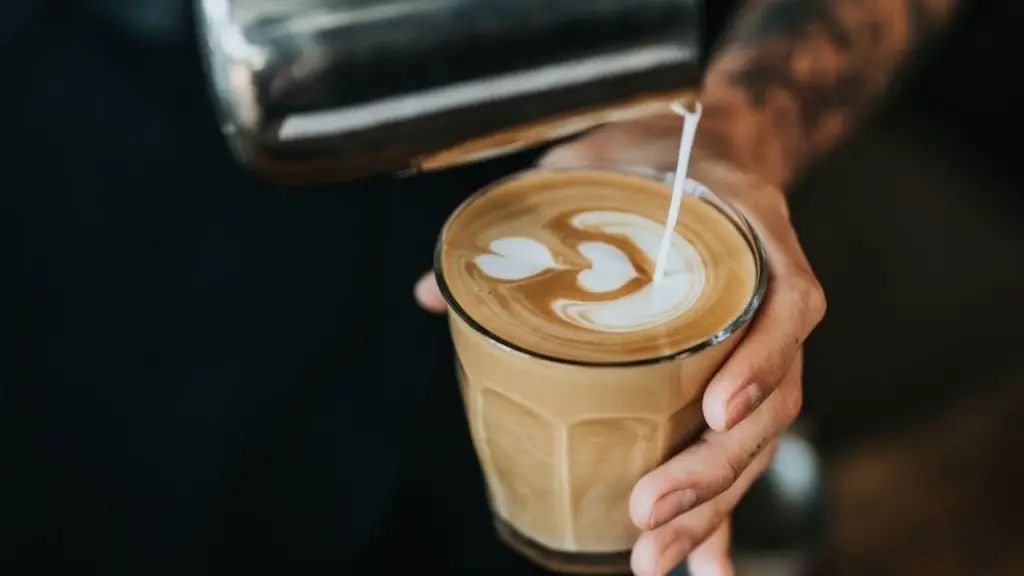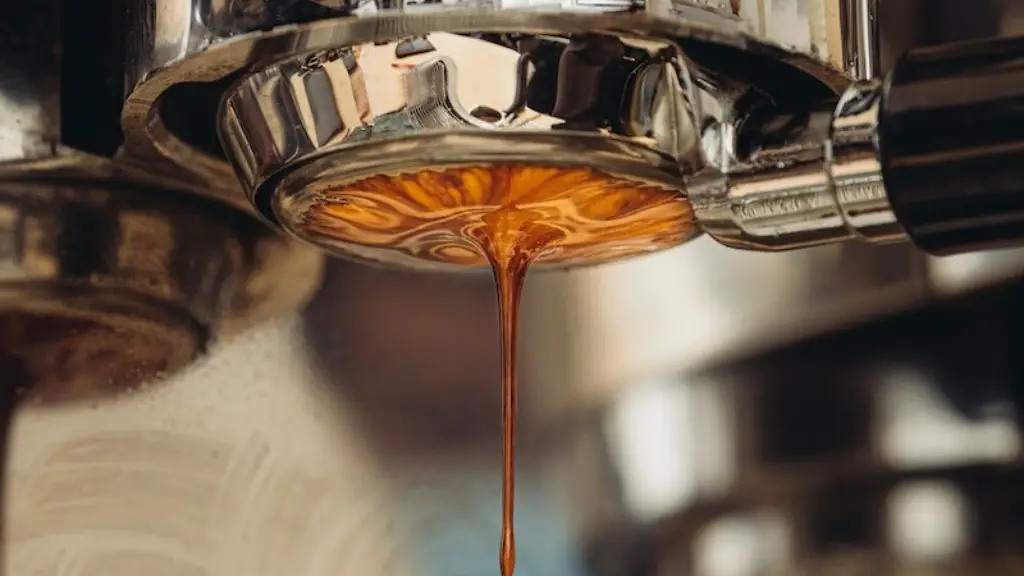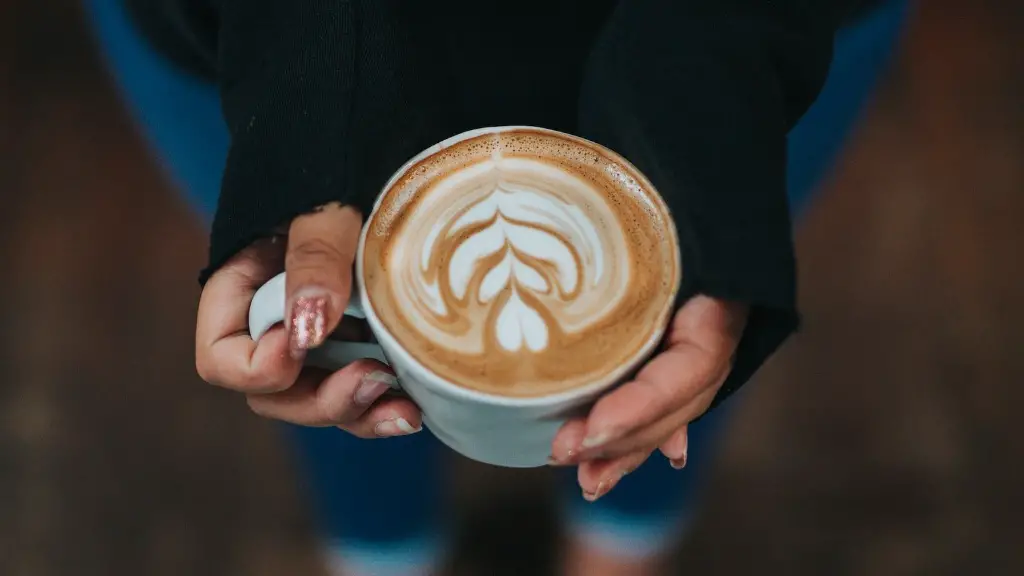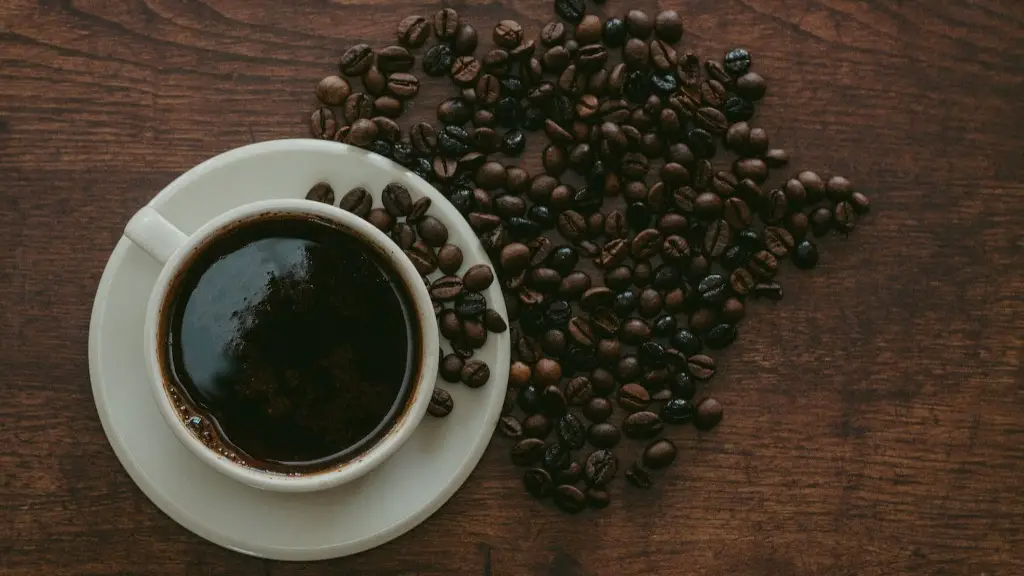Coffee beans are seeds of the coffee plant, and they do contain caffeine. Caffeine is a natural stimulant that affects the central nervous system. It is found in many plants, including coffee beans, and it can have positive and negative effects on the human body.
Coffee beans do contain caffeine. Caffeine is a naturally occurring compound found in plants. It’s what gives coffee its signature pick-me-up effect. The caffeine content in coffee beans varies depending on the type of bean and how it’s processed. For example, Arabica coffee beans generally have less caffeine than Robusta coffee beans.
How much caffeine is in a coffee bean?
The caffeine in coffee beans can vary depending on the type of coffee bean used. For example, Arabica coffee beans have about 12 milligrams of caffeine per gram, while Robusta coffee beans have about 22 milligrams of caffeine per gram.
Caffeine is a stimulant that can help to improve focus and alertness. It is found naturally in coffee, tea, and cacao plants, and is also added to many beverages and supplements. Caffeine can have some side effects, so it is important to be aware of how much you are consuming.
How many coffee beans can I eat
You can safely eat around 20 to 30 coffee beans per day. This is equivalent to the amount of caffeine in a regular 8 oz cup of coffee. If you are pregnant or sensitive to caffeine, you should limit your consumption to 7-10 beans per day.
Coffee beans are safe to eat, but you should not eat too many of them. They are packed with antioxidants and caffeine, which can help boost your energy and lower your risk of certain diseases. However, if you eat too many coffee beans, you may experience some unpleasant side effects. Chocolate-covered coffee beans may also contain too many calories, sugar, and fat.
Is eating coffee beans the same as drinking coffee?
If you’re looking for a quick and easy way to get a caffeine and antioxidant boost, eating coffee beans is a great option. On average, eight coffee beans contain the same amount of caffeine as one espresso. However, your body will absorb the caffeine more quickly from the beans, so be sure to keep that in mind if you’re sensitive to caffeine.
The Swiss Water Process is a decaffeination method that uses only pure water to remove caffeine from coffee beans. This process results in a coffee that is 99.9% caffeine-free and has a pure, clean taste. This method is also 100% chemical-free and gluten-free, making it a great choice for those who are looking for a healthy, delicious cup of coffee.
Does roasting coffee beans remove caffeine?
Darker roasts of coffee beans boast a bolder, richer flavor and aroma than lighter roasts. This is because coffee beans lose caffeine and mass during the roasting process, so darker roasts generally have slightly less caffeine than lighter roasts. However, the difference in caffeine content is negligible.
If you’re looking for a coffee with a strong flavor, then Robusta beans are the way to go. They have a higher caffeine content than Arabica beans, so they’ll give you a little more of a boost. However, they’re not as widely used as Arabica beans due to their harsher flavor.
What not to eat with coffee
Zinc is an important mineral that is involved in many biochemical processes in the body. It is found in food sources such as oysters, red meat, poultry, beans, and nuts. When these food sources are consumed, the zinc is absorbed and used by the body. However, drinking coffee after eating these foods can lead to the excretion of zinc. This is because the bonds between the zinc and the food are very strong and difficult for the body to break down. Therefore, it is best to avoid drinking coffee after eating foods that are high in zinc.
Raw coffee beans are highly acidic, making them difficult to chew. However, they are said to have a strong flavor. Darker roasted beans will be softer and have less of a flavor.
Does eating raw coffee grounds have caffeine?
Even though coffee grounds have been soaked with water and filtered, they still contain caffeine, antioxidants, and dietary fiber. However, the amounts of these substances are smaller than before the coffee was brewed.
No, humans can’t live on coffee. We need other things, like food and water, to survive.
Why do people eat coffee beans
There is no direct evidence that eating roasted coffee beans is bad, but there are some potential risks. Eating coffee beans can increase your caffeine intake, which can lead to side effects like increased anxiety and heart rate. If you are pregnant or breastfeeding, it is best to avoid eating coffee beans.
Coffee is a great source of antioxidants, which are said to protect us from cardiovascular disease, inflammation and other nasty things. Undiluted whole coffee beans are packed extra full of antioxidants, making coffee an especially good choice for those looking to get the most benefit from these powerful substances.
How many whole beans make a cup of coffee?
Coffee beans are typically roasted and then ground up to make coffee. The amount of coffee beans needed to make a cup of coffee depends on the type of coffee and the desired strength. Generally, it takes about 70 coffee beans to make a human-sized cup of coffee. However, coffee ratios are usually determined by rate, rather than by the number of beans.
If you’ve never had freshly ground coffee, you might think that there really is not a lot of difference. But if you buy whole beans and then grind them up minutes before you brew up your pot of coffee, the flavour is much stronger and more noticeable.
Can you swallow coffee beans whole
Coffee beans are a delicious snack that can be enjoyed in many ways. You can chew on them like you would any other nut, or you can grind them down and mix them into food or drinks. No matter how you enjoy them, just remember to never swallow them whole!
The fact that espresso has the lowest caffeine content is interesting because it is often seen as a strong, coffee drink. The fact that drip-brewed coffee has the highest caffeine content is also interesting because it is a more common coffee method.
Final Words
Yes, coffee beans contain caffeine.
From the research that has been conducted, it seems that coffee beans do in fact have caffeine. However, the amount of caffeine in coffee beans is said to be lower than that of brewed coffee. More research is needed in order to determine the exact amount of caffeine in coffee beans.
